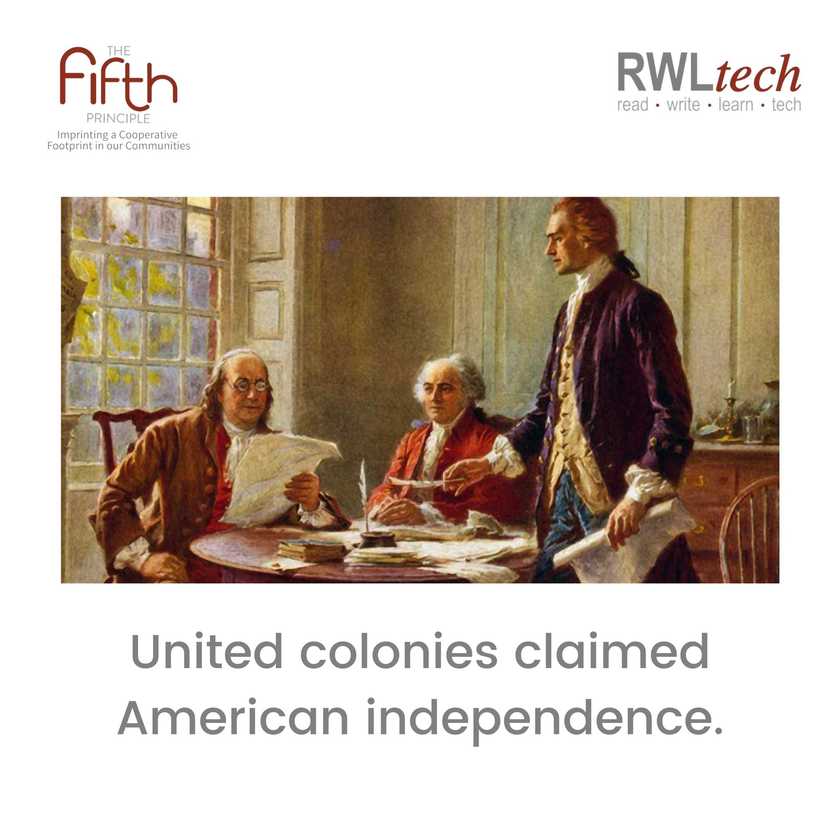Though the Thirteen Colonies were distinct in their origins, from Massachusetts' Puritanism to Virginia's commerce, they eventually united in seeking independence from Britain. Despite initial differences in economy, population, and purpose, the colonies forged a shared identity and grew into the first thirteen states. Their collective struggle for autonomy laid the foundations for American democracy. The diverse colonies became one nation by coming together to defy British rule and claim their independence.
Do you want to learn more about what you can do to act NOW! and save our Constitution?
https://www.thefifthprinciple.coop/wcid.html
Take your learning to the next level:
✍️ Join our course on faith here.
https://www.thefifthprinciple.coop/faith.html
✍️Learn about historical events that shape our future. Flashback to a Fabulous Future.
https://www.voiceamerica.com/show/4117/flashback-to-a-fabulous-future
✍️ ...


Join us for this great home school summit! https://greatdiscovery.ai/homeschool/416328/
I encourage YOU to employ what I call "Harmonic Leadership," which is a really evocative name. Let's explore the core philosophy behind that title and what it means to lead harmonically?
This is a concept I chose very intentionally. For too long, we’ve associated leadership with a single, loud voice—a soloist. But the most successful, innovative, and resilient teams don't operate like a solo act; they operate like a symphony or a great jazz ensemble.
Harmonic Leadership is built on a simple but profound idea: a leader's primary role is not to be the best player, but to create an environment where every musician (person) can play their best, together. It’s not about everyone hitting the same note—that's unison, not harmony. Harmony is when different, diverse notes combine to create a sound that's richer and more beautiful than any single note (person) could be on its own.
So, to lead harmonically means you are focused on tuning the team. You’re listening to the dynamics, blending ...













